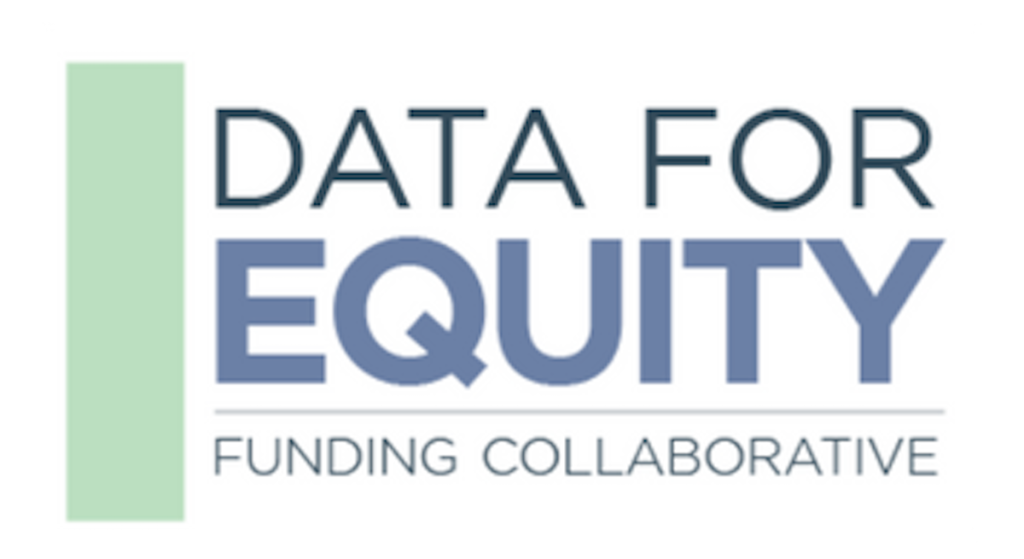Evaluation of the Data for Equity Initiative
Request for Applications
The application deadline has passed. Please view the RFP information below for reference only.
Release Date: December 1, 2022
Request for Applications Deadline: January 13, 2023
BACKGROUND
In 2021, three local health funders – bi3, HealthPath and Interact for Health – came together to explore how we might best support the organizational capacity-building needs of our nonprofit partners. Not assuming we had the answer, we started by surveying our current and former grantees.
The main areas of interest for organizational capacity building:
- Evaluation, impact, data and learning
- Equity-focused leadership and practices
The types of support that the majority of nonprofit partners want:
- Grant funding
- Technical assistance and consultant support
This led to the formation of the Data for Equity Funding Collaborative. With current funding commitments from bi3, a philanthropic initiative of Bethesda, Inc., Interact for Health and HealthPath Foundation, the collaborative is responding directly to grantee partner input by providing grant funds and technical assistance to develop organizational capacity around data and evaluation in service of health equity in Greater Cincinnati. The Data for Equity Funding Collaborative is hosted by Interact for Change, a 501(c)(3) subsidiary of Interact for Health.
In September 2022, the Data for Equity Funding Collaborative launched a Request for Proposals to support up to 10 nonprofit organizations in developing their capacity to use data to build equitable approaches to data and evaluation. Capacity building grants are for up to $25,000 for 12 months and begin in January 2023. In addition to grant funding, ongoing opportunities for technical assistance, training and shared learning will be offered as needs are identified by the grantee learning cohort. The funding collaborative anticipates that a second cohort will be awarded in December 2023 to begin in January 2024.
RFA GOALS
- To evaluate the implementation of the Data for Equity Funding Collaborative in Greater Cincinnati, including documenting the process, impact and lessons learned
- To share findings and lessons learned to strengthen practice and to inform the community and broader field of philanthropy
SCOPE OF SERVICES
The Data for Equity Funding Collaborative seeks applications from an experienced external evaluator to design and implement an evaluation that will document the process, impact and lessons learned of the grant initiative and learning cohort. The selected consultant will engage with grantees to document their learning and identify key themes across the portfolio of grantees. The consultant may also provide technical assistance to the grantees, help facilitate connections between similar projects and advise the funding collaborative on resources and supports for grantees. The resulting process evaluation will help identify the challenges and opportunities for replicating the model with a new cohort of grantees.
Using data and evaluation in service of health equity is a journey with many opportunities for learning and growth. Applicants are encouraged to reflect on their own equitable evaluation journeys and demonstrate how their experience and knowledge/skills might be beneficial to grantees and the funding collaborative as they continue their journey to use data and evaluation in service of health equity.
Learning Questions
Below is a list of potential learning questions. The selected consultant will work collaboratively with the Data for Equity Funding Collaborative and grantees to determine the final questions at the beginning of the evaluation.
- What was the focus of grantees’ capacity-building efforts?
- What aspects of the Data for Equity initiative were most and least helpful to grantees?
- How did the funders collaborative enhance or impede grantees’ capacity-building efforts?
- What are the facilitators and barriers for grantees incorporating equitable evaluation practices into their operations and systems?
- How might philanthropic organizations help support equitable evaluation practice now and in the future?
Evaluation information may come from a variety of complementary sources such as:
- Interviews
- Focus groups
- Surveys
- Observations
- Literature review
The Data for Equity Funding Collaborative seeks to minimize the burden on grantees and would encourage the consultant to find existing pathways and creative mechanisms to gather evaluation information.
Anticipated Deliverables and Other Requirements
The anticipated deliverables and other requirements for this project include but are not limited to:
- Working with the Data for Equity Funding Collaborative to develop a detailed evaluation strategy and plan to narrow and then answer the final evaluation questions
- Attending periodic grantee meetings
- Communicating regularly with and providing ongoing feedback to the Data for Equity Funding Collaborative through real-time updates of progress and lessons learned
- Producing regular reports as determined during the contracting process based on data collection methods and timelines, including at minimum, a final report summarizing all evaluation findings
- Collaborating with the Data for Equity Funding Collaborative to share evaluation results informally and formally with current and potential grantees, community partners, the broader field and other key stakeholders
APPLICATION REQUIREMENTS
Applications shall be no more than 10 pages long, single-spaced, excluding résumé or CV of key personnel.
Applications shall include the following:
- Evaluation approach: Describe your evaluation approach to fulfilling the RFA scope of services detailed above, including:
- Process for refining evaluation questions so that the evaluation is purposeful, equity-centered and does not overburden grantee partners
- Potential data collection and analysis methods
- How an equity lens would be used to develop and implement the evaluation
- How the evaluation will strengthen and contribute to the broader field
- Timeline: Provide a timeline that identifies key activities and deliverables
- Qualifications and experience: Describe the qualifications, capabilities and past and current experience of the individual, team, and/or any subcontractors or other vendors that will be engaged in this work
- Include the following:
- Experience with relevant process evaluation
- Experience applying equitable evaluation principles, using data and evaluation to advance equity
- Experience in evaluation of nonprofit and health-focused efforts, which is a plus
- A résumé or CV for key personnel
- Include the following:
- Engaging key stakeholders: Briefly describe how key evaluation stakeholders (e.g. Data for Equity Funding Collaborative, grantees and community partners) may be engaged in the evaluation development and implementation process
- Challenges and limitations: Identify any anticipated challenges and limitations related to conducting this evaluation and suggest strategies to address them
- Projected budget: Include a detailed project budget and justification (see the budget guidance below). List any in-kind services or other funding sources, if applicable
- References: Include a minimum of three current or past references that can speak to the consultants’ (and subcontractors’, if appropriate) experience. Include the name, organization and contact information
COMMITMENT TO EQUITY, DIVERSITY AND INCLUSION
The Data for Equity Funding Collaborative strives to promote health equity in all that we do. For us, health equity means that everyone throughout our diverse region has a fair and just opportunity to live the healthiest life possible. This requires that we intentionally work to reduce health disparities, as well as tackle the underlying root causes, such as inequality, poverty and discrimination based on race, ethnicity, gender, physical and mental ability, age, education, immigration status, geography, socioeconomic status and sexual orientation. We are on a journey to learn and work toward equity, diversity and inclusion within our own operations and practices, and we encourage our vendors and consultants to join with us.
GUIDING PRINCIPLES FOR EVALUATORS
The American Evaluation Association’s Guiding Principles for Evaluators serve as the foundation of good evaluation practice and provide guidelines for sound, ethical, inclusive practice. All applicants should review and adhere to the guiding principles throughout the evaluation.
BUDGET
Provide a detailed cost proposal and justification for carrying out the full scope of services as outlined in this RFA, including travel specifically related to this project and any other direct costs related to this project. The proposed budget should not exceed $50,000 for services conducted in 2023. As needed, there may be flexibility in funding to support additional technical assistance efforts. Funding may be extended through 2024. Once a consultant is selected, a mutually agreeable budget based on the final evaluation questions and data collection methods will be finalized during the contracting process. The contract and associated budget are subject to change over the life of the project based on unanticipated changes in the Data for Equity Initiative.
TIMELINE
Completed applications must be submitted no later than 5 p.m. EST on Friday, January 13, 2023. Please submit your application to jennifer_zimmerman@bi3.org.
The Data for Equity Funding Collaborative will review applications, conduct interviews with final candidates and select a consultant by mid-February 2023. Our goal is to have a signed contract in place by the end of February 2023 and begin evaluation activities immediately thereafter.
QUESTIONS
If you have questions or would like to discuss this request for applications further, please contact Jennifer Zimmerman, bi3’s Vice President, Evaluation and Impact, at jennifer_zimmerman@bi3.org.


